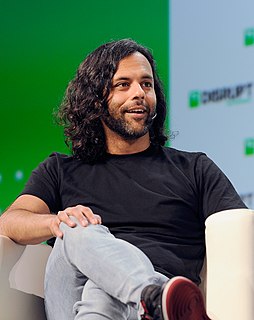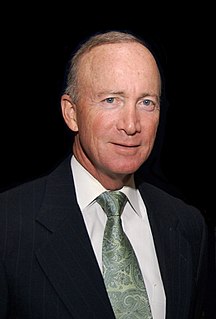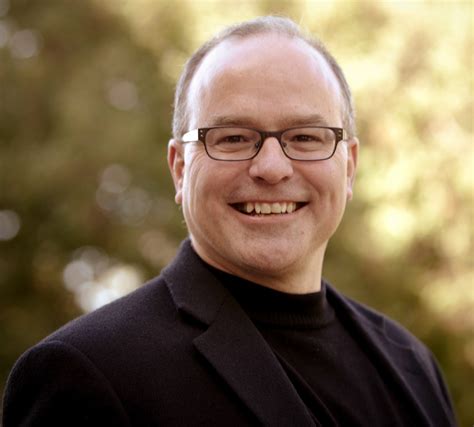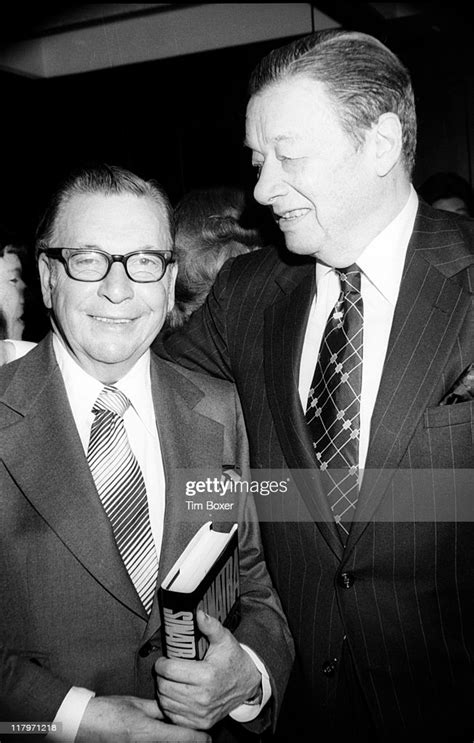A Quote by William J. Clinton
Forget what you may have heard about a digital divide or worries that the world is splintering into 'info haves' and 'info have-nots.' The fact is, technology fosters equality, and it's often the relatively cheap and mundane devices that do the most good.
Related Quotes
In every part of the world with which I am familiar, young people are completely immersed in the digital world - so much so, that it is inconceivable to them that they can, for long, be separated from their devices. Indeed, many of us who are not young, who are 'digital immigrants' rather than 'digital natives,' are also wedded to, if not dependent on, our digital devices.
We all know of the dangers and inequities of the traditional digital divide: People who have good access tocomputer networks have a distinct advantage - in terms of both life opportunities and quality of life, I wouldargue - over the vast majority of the world's population that does not yet have good access to computernetworks. The "other" digital divide points to an increasingly unstable situation that has developed inlibrarianship as digital libraries have evolved and matured.


































